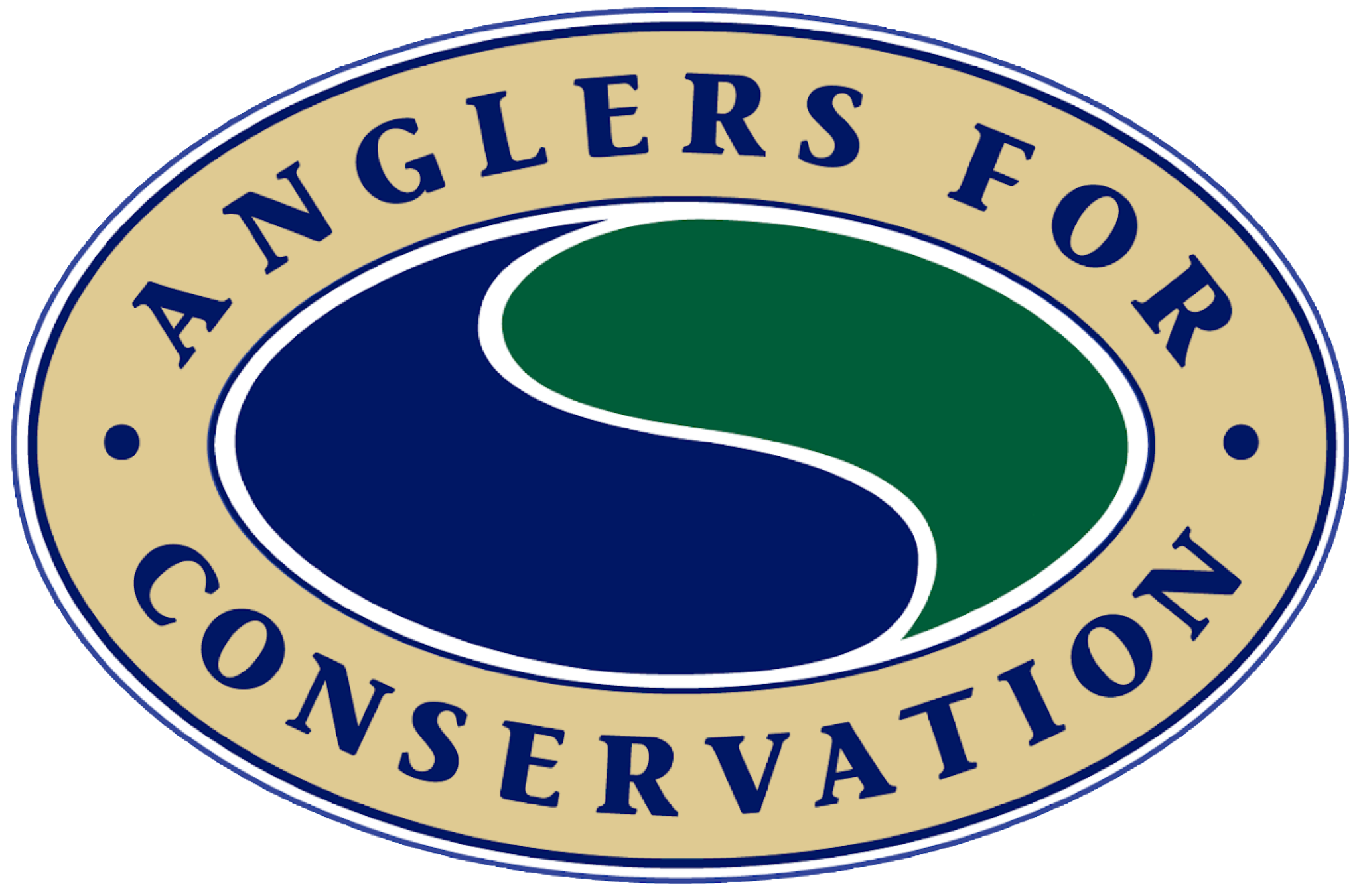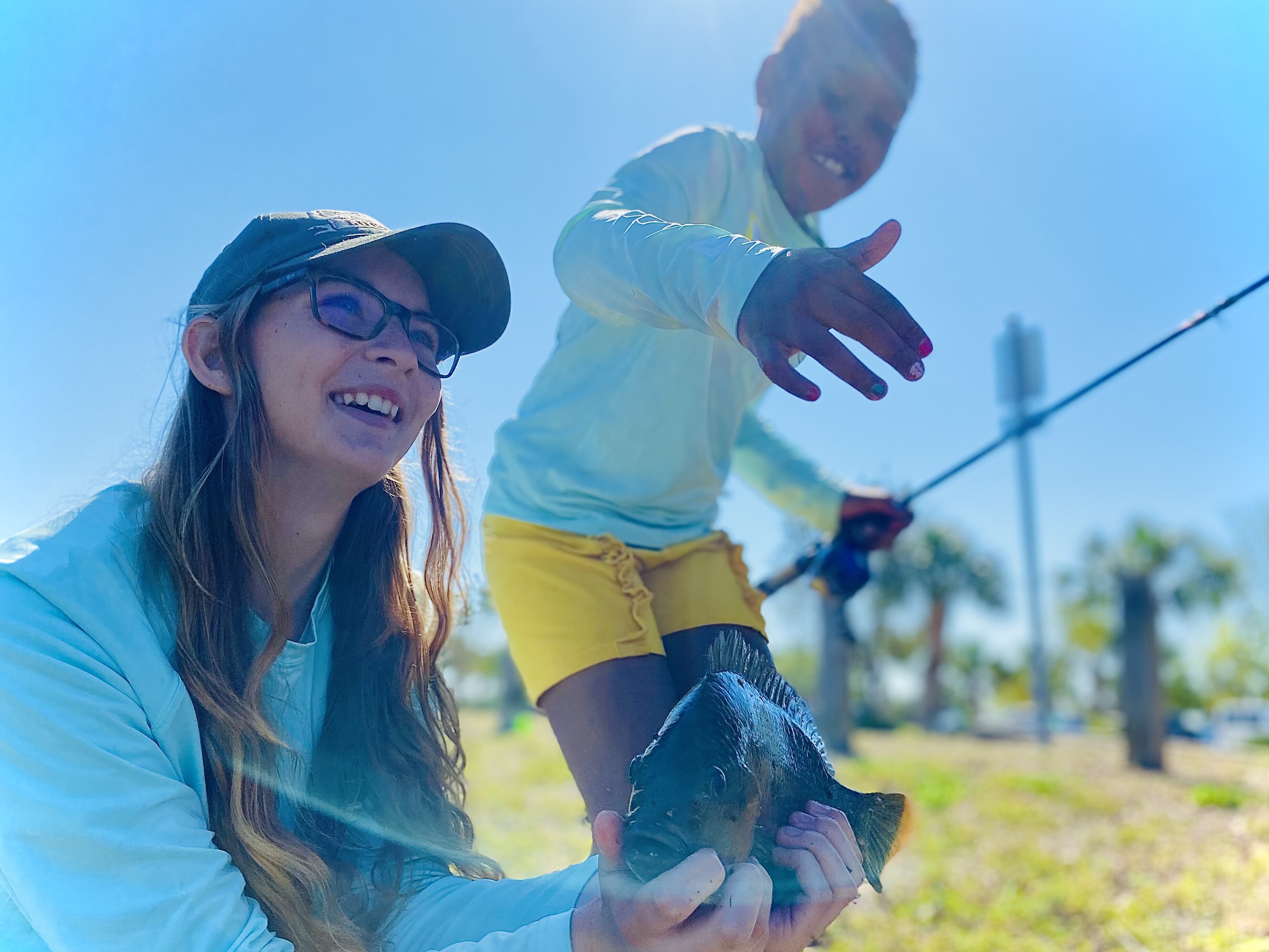What started as an idea to help keep monofilament fishing line out of our marine environment has developed into the AFC’s Beach Access Recycling Program (BARP).
>Working closely with Brevard’s Boating & Waterways Coordinator, Matt Culver, AFC volunteers selected the 1st BARP site, Satellite Beach’s Sunrise Beach access. Matt and his team had researched and mapped out Monofilament Recovery and Recycling (MRR) sites across Brevard County. The idea was to establish BARP sites at locations where there were both trash cans and MRR bins, but no recycle bins for the BARP, which are the materials normally associated with recycling like paper, glass, aluminum and plastic.
“There are nearly two hundred MRR sites around the county. These sites are strategically located at fishing spots like boat ramps, docks, waterfront parks and beach access points. We need volunteers to help maintain these MRR sites.” said Matt.
In the beginning the idea was to collect the fishing line disposed of in MRR bins (You’ve probably seen them. The MRR bins are made of 3″ inch PVC pipe), but not only has BARP helped collect and recycle thousands of yards of fishing line during the past 18-months, but also nearly two tons of glass, plastic and aluminum. These materials would have otherwise been dumped into Brevard landfills.
This experimental has been a collaborative effort between the Anglers for Conservation, Brevard County, and the City of Satellite Beach.
Each year discarded monofilament fishing line kills countless fish, birds, and other marine creatures. It is also a long term danger (In most cases, mono line takes 1000 years to decompose) to entangle humans, dolphin and manatee.
Beachside volunteers are needed to help maintain and expand this collaborative effort.
For more information on how you can become an active participant of BARP please contact Captain Rodney Smith.

